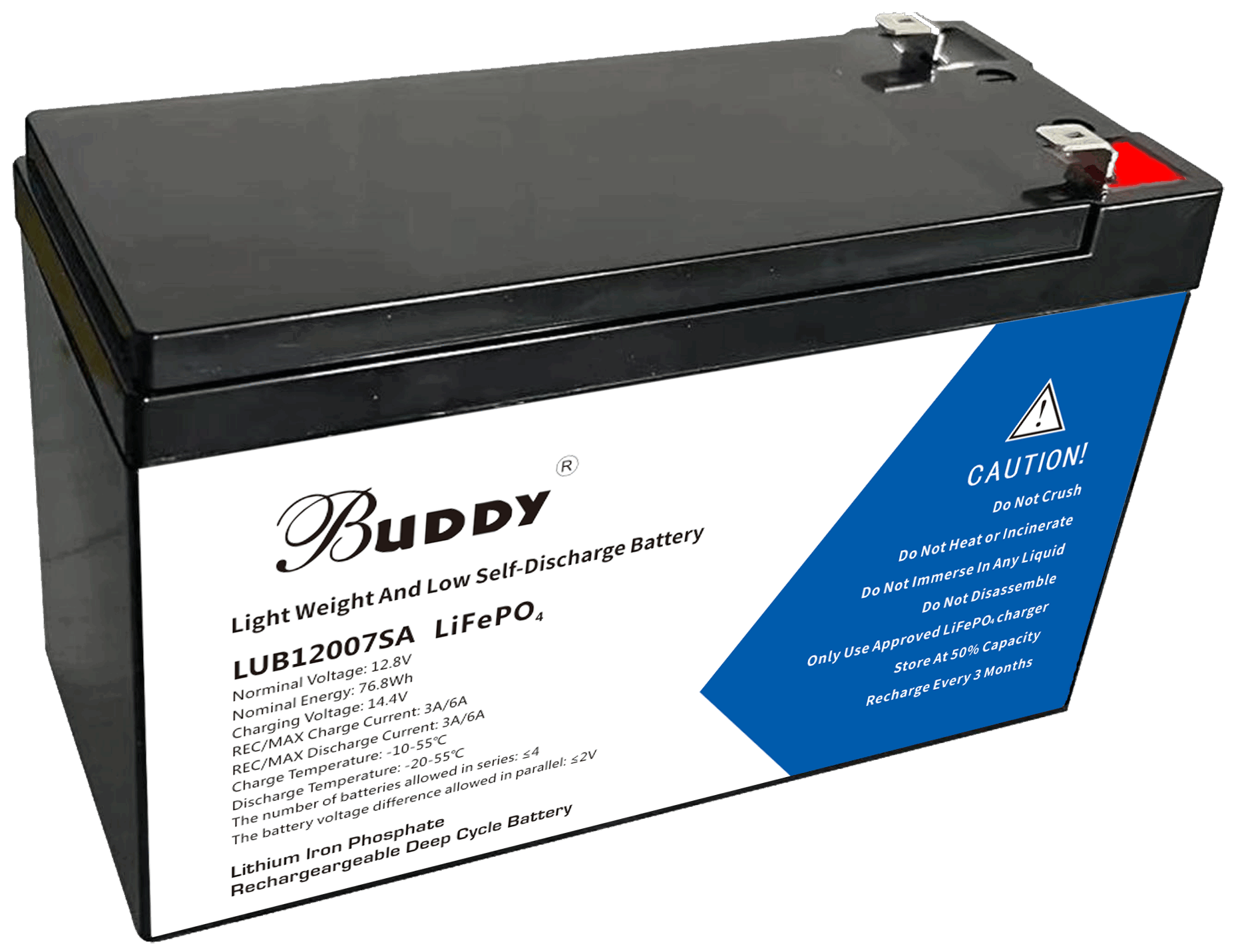
Prof. Venkat Viswanathan, an aviation battery expert at the University of Michigan, noted that these batteries "pose a threat to flight safety." Because batteries can overheat or short-circuit, especially if they are damaged, this can trigger a process called thermal runaway, producing smoke, flames and even, in some cases, explosions.
Viswanathan professor said: "if one of the battery is on fire, soon the whole cargo will be on fire."
While thermal runaway is not an ideal situation in the cabin or cargo hold, the crew can react more quickly in the cabin if the battery starts to smoke or catch fire, added John Cox, CEO of Safety Operating Systems at Aviation Consulting and a former pilot.
While thermal runaway events are uncommon, they do occur. In February 2023, for example, a laptop caught fire in the cabin of a plane shortly after takeoff, causing the plane to return to San Diego International Airport and sending four crew members to the hospital.
According to the US Federal Aviation Administration, there have been 481 confirmed incidents involving lithium batteries between March 3, 2006 and August 31, 2023. Of these, at least 343 incidents occurred in the passenger cabin and 112 in the cargo hold (the remaining 26 were not classified). The most common problems involved battery packs (199 incidents), followed by e-cigarettes (101 incidents), mobile phones (63 incidents), other electronic devices (58 incidents), laptops (57 incidents) and medical devices (3 incidents).
cox is expected, "aircraft and elsewhere will continue to increase the number of lithium battery fire. This is due to the increase in lithium batteries in our society."
To reduce the risk of such accidents, the FAA encourages passengers to check if their devices have been recalled or damaged because they are more "prone to sparking or generating dangerous heat."
passengers could get electronic equipment on the condom or box to protect themselves and others. If the device is squeezed too tightly, it can damage the battery, which can lead to thermal runaway - the small cushion of the case helps prevent this from happening. Similarly, if you drop your phone between seats, it's important not to move the seat - if the phone is damaged, the battery could smoke or catch fire. The crew is trained to safely retrieve the phone.
in addition, when the equipment when not in use, passengers can choose to completely shut down equipment, in order to prevent the thermal runaway of the plane.
if your device during the flight, overheat, smoke or fire, please do not hesitate to contact with the crew. Crews are equipped with fire extinguishers and thermal bags to help eliminate hazards by limiting the oxygen in the equipment and preventing the fire from spreading.